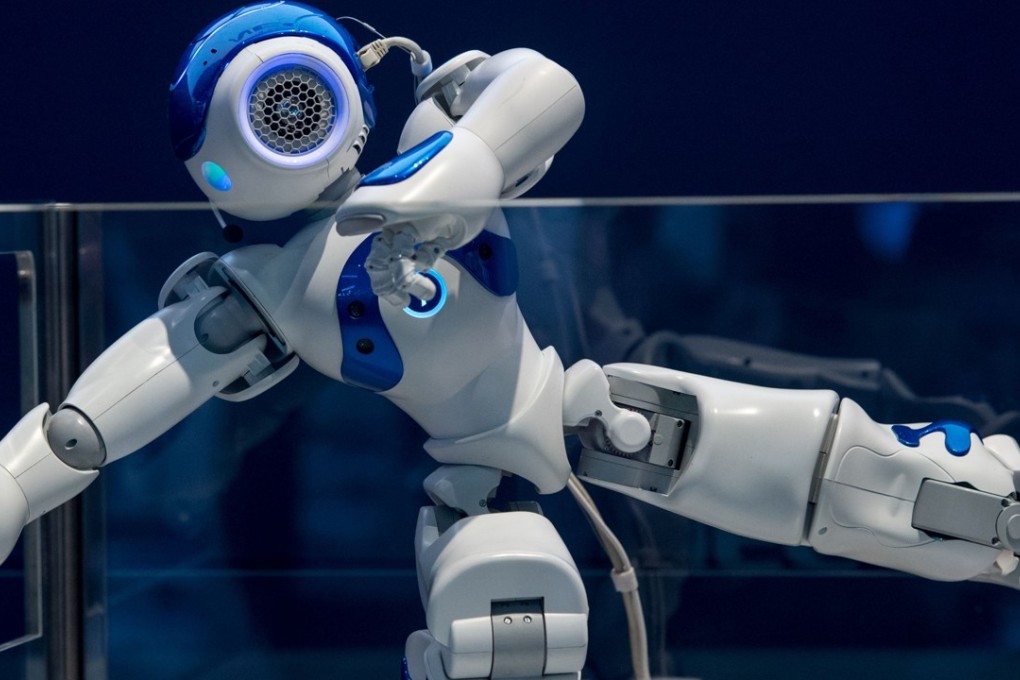Hong Kong and artificial intelligence can be a winning combination

Nearly 80 per cent of respondents agreed education should change, yet agreeing how and what should change is a different matter. AI and its social implications are often greatly misunderstood, and, as a founder of Hong Kong’s premier machine learning (ML) and AI training provider, there’s one myth I’d particularly like to squash.
The greatest misconception I hear is the belief that replacing humans in skilled labour roles requires generalised intelligence – AI which can emulate every aspect of human intelligence.
Generalised intelligence supposedly distinguishes man from machine, yet, in truth, intelligence itself is a loosely defined concept.
Just a handful of years ago, Macau’s facial recognition ATMs would have been considered incredibly intelligent. Now that social media can automatically tag friends, we are less impressed. What we called magic we now call science, what we considered to require intellect we eventually see as self-evident.
Intelligence – for man and machine alike – is an ever-evolving and contextually dependent target.